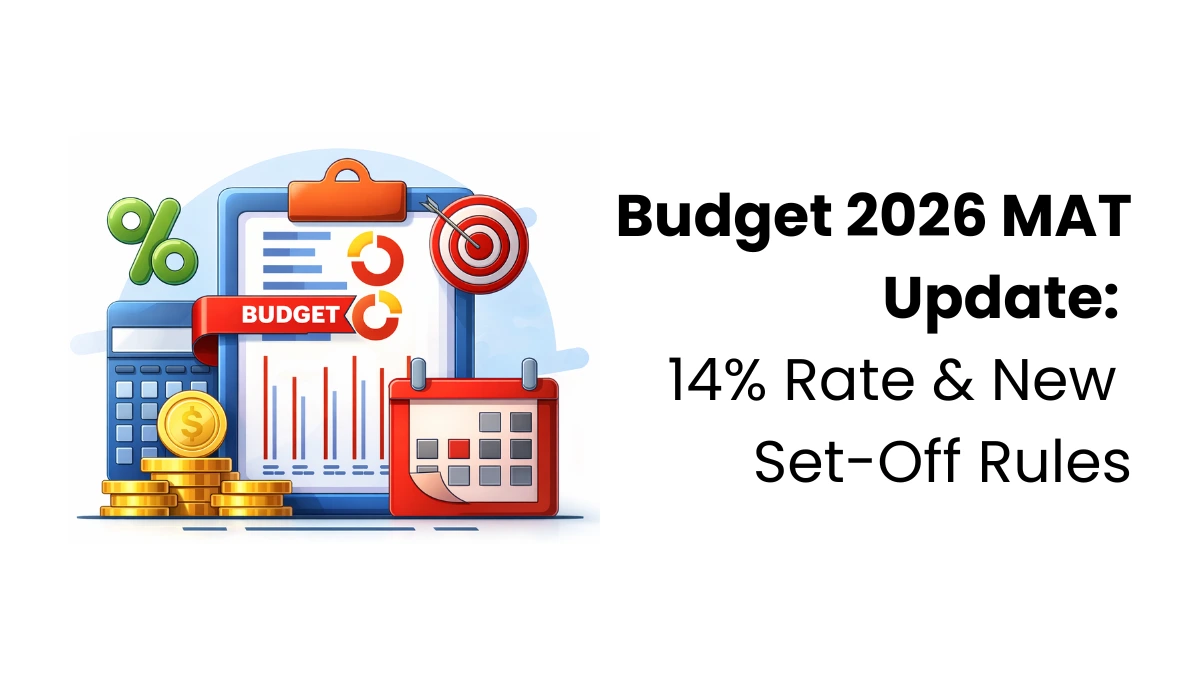Every company, big or small, needs to manage its money constantly. They do this by using different accounting methods. Companies that keep their accounts and records updated can make good decisions quickly, which helps them grow. So, every company needs to have good accounting. Sometimes, poor accounting practices also impact your business.
If companies use good accounting, it can help their growth and money-making, but it can also make it challenging to reach their goals. It makes it hard for them to keep track of the money they’re owed and pay their bills on time, which affects how much money they have. Poor accounting practices also make it hard to find important papers and do reports on time. This can make it challenging to meet legal rules, giving the company a bad name.
Nowadays, with the internet, anyone can quickly learn about the impact of accounting practices on business. But how do you know if your company’s practices are good or bad?
Here are ten poor accounting practices companies handle their money that can hurt their business:
1. Messy Expense Tracking
Sometimes, companies can only keep track of some of their spending because their system is sound. They might need to pay more attention to small bills and payments, which add up over time. Properly tracking expenses could save money on taxes.
2. Disorganized Document Keeping
Companies that keep their documents in order need help finding crucial details, especially during audits or tax questions. Not handling documents well wastes time and makes making decisions quickly tricky.
3. Mixing Personal and Business Money
Even though a business owner owns the whole company, keeping personal and business money separate is essential. Splitting them helps us understand how much money is used for business and individual needs. Properly separating expenses makes it easier to manage cash for business tasks.
4. Forgetting Legal Deadlines
Sometimes, business owners must remember to meet legal deadlines, like filing taxes or paying employees on time. This could happen because they must learn the rules or are too busy. But it leads to fines, warnings, and more paperwork. It also takes focus away from the business, which costs more in taxes and penalties and can give the company a bad reputation.

5. Not Checking Money Records
It’s important to compare all accounts and do monthly bank checks. If you don’t, you might miss recording expenses or income, which can give wrong reports and lead to bad business decisions. Checking bank and cash records shows the company’s actual financial status. Doing this regularly helps the company stay ahead and ensures correct information when needed.
6. Mixing Up Ledger Groups
Organizing ledgers correctly is essential for things like money owed, money coming in, and expenses. Sorting ledgers properly helps keep track of each part of a transaction correctly, making it easier to manage accounts and show accurate financial statements.
7. Not Checking Your Employees
It’s essential to keep an eye on your staff. If you don’t, they might take advantage. Surprise checks, attendance tracking, and ensuring they’re doing their job right help you keep tabs on them. Staying in touch with your staff ensures they’re not overloaded and paid correctly.
8. Forgetting to Track Your Things
Companies need to keep track of their goods. They need to record what they have, what’s being worked on, what’s finished, and what could be selling faster. Using sound systems to track goods makes things easier. Not keeping good records or checking stock physically could lead to losses for the company.
9. Skipping Professional Help
Companies should hire accountants or get help with their finances so they can focus on running the business. Accounting and bookkeeping are essential but time-consuming tasks requiring a pro to handle regularly. Sometimes, business owners try to do it themselves to save money, but they rush and miss important things, messing up their finances.
10. Not Using the Right Accounting Tools
Having the right accounting system is crucial for any company. There are many software options depending on your business size and needs. In the past, companies used to do their accounts manually on Excel and keep big files on their computers, which took forever to find anything. However, with cloud-based accounting systems, companies can access their records anytime, anywhere. This helps them make quick business decisions only possible with proper accounting systems.
These are all considered poor accounting practices that will impact your business. Accounting challenges are crucial in helping businesses adhere to tax regulations, effectively manage finances, make informed decisions, prepare for audits, and utilize modern software for accuracy. These are the essentials of business finance, ensuring smooth operations and organizational order.
Embark on an enriching educational journey with Finprov’s exceptional accounting training programs. Explore a range of short-term courses to impart practical skills essential for real-world employment opportunities. Our accounting professional courses, including CBAT, PGBAT, Income Tax, Practical Accounting Training, PGDIFA, DIA, GST, SAP FICO, Tally Prime, and MS Excel, are meticulously curated to meet the diverse needs of learners at various stages of their careers. Join us to cultivate expertise in accounting that resonates with the dynamic demands of the contemporary job market.










